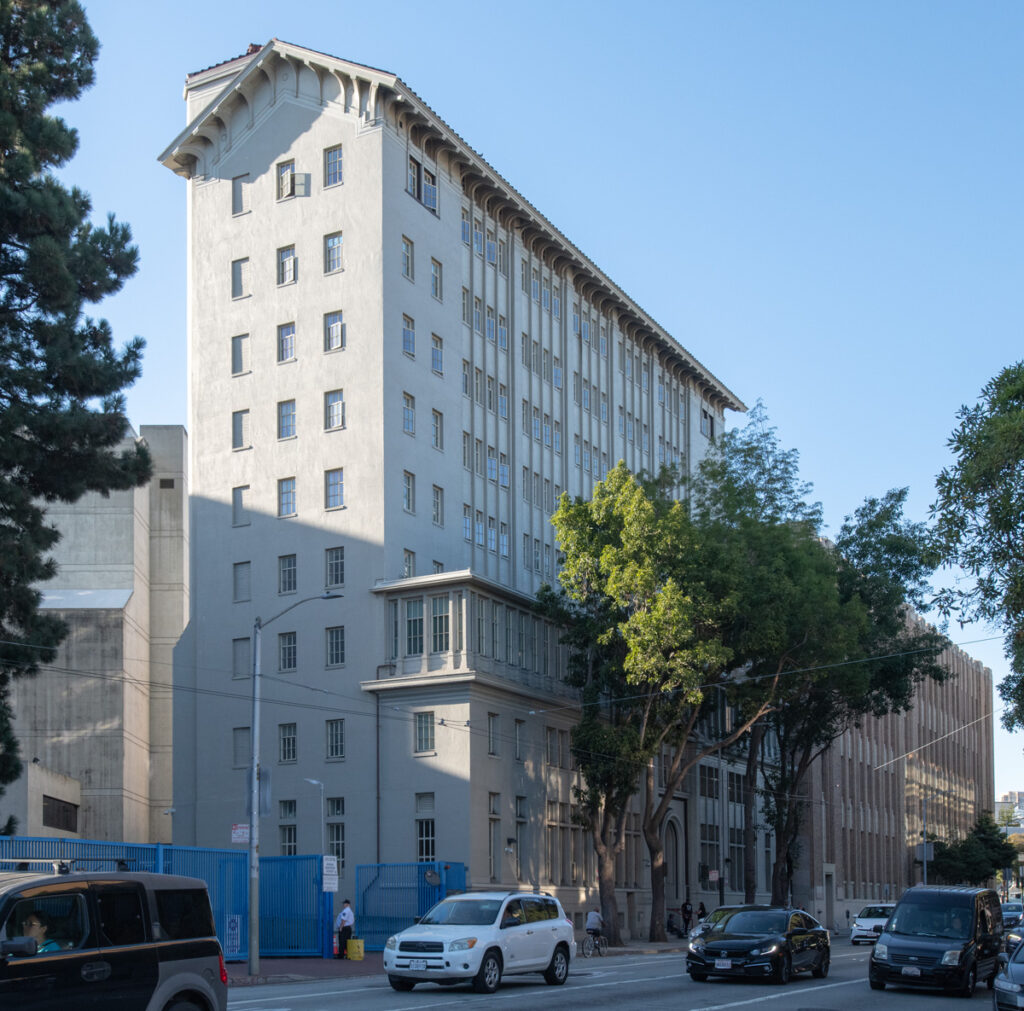
San Francisco has abandoned its commitment to shutter its juvenile hall, where young people remain incarcerated four years after county supervisors voted to shut it down, according to the San Francisco Chronicle.
In 2019, Supervisor Hilary Ronen led the charge to end incarceration of underage defendants.
“We’re done with jailing kids,” she said at the time. “We have a date; it’s going to be shut down. There’s no wiggle room.”
Receiving national recognition for the move, San Francisco’s Board of Supervisors created a task force to oversee the closure by the end of 2021.
Now, the project has failed and the effort, the Chronicle reported, is “dead.”
Margaret Brodkin, president of the Juvenile Probation Commission, agrees.
“I do think it is fair to say there is no realistic chance that we’re going to close our juvenile hall,” she said. “There is no live and viable plan at this point to achieve this goal.”
According to the Chronicle, the nearly empty facility has 150 beds and 88 full-time employees for its roughly 20 incarcerated youth. Its annual budget of $18 million — excluding administrative and “embedded” expenses — saw operating costs approach $2 million per incarcerated youth in 2020.
The public’s return-on-investment on the “jail-like” facility amounts to a “thin mattress in a cement-wall cell,” the article reported.
Unintended Consequences
Four years ago, Calif. Assemblyman Matt Haney was one of the supervisors who voted to close the juvenile hall.
“This jail for kids is morally repugnant,” he said in 2019. “It’s outdated [and] ineffective.”
Research cited by supervisors in 2019 showed that incarceration was harmful to young people and increased recidivism. But local politics, Covid delays, and emerging state-level policies all conspired to destroy any hope of accomplishing the closure.
First, local juvenile court judges refused to take part in the search for appropriate alternatives.
“They haven’t come to the table at all to be part of the conversation,” said Supervisor Shamann Walton. “That was a very real barrier.”
Then came Gov. Gavin Newsom’s announcement in 2020 that the state’s Department of Youth Corrections would be closing, with responsibility for youthful offenders’ care and custody returning to local authorities.
For the city and county of San Francisco, that meant imprisoning adults under 25 — seven of them at present — in juvenile hall. There is no alternative housing for those sentenced as juveniles that meets the state’s “secure facility” requirements.
Brodkin believes ultimate responsibility lies with the Supervisors themselves.
“You think you can pass legislation and it’s going to happen magically. It’s not, and it can’t,” she said. “You have to do a lot more than pass legislation.”
Next Steps
In September 2023, local officials abandoned efforts to close juvenile hall. However, not everyone has given up.
Supervisor Walton, for one, is staying the course.
“We’re trying to work around obstacles that exist,” he said. “This is a process that takes longer than originally thought.”
Katy Miller, chief of Juvenile Probation, allocated $500,000 for a consultant to study available options for either retrofitting the existing facility or demolishing it and rebuilding to meet the county’s modern needs.
“[T]his is not the space we want kids to be in,” she said. “This building was built at a time when secure settings for kids were constructed to look like jails. The architects say they would never design a place for kids like that now.”
For now, some juvenile offenders who don’t require incarceration are being placed with foster families or in group homes. Officials are also investing nearly $2 million in fresh ideas and programs for the juvenile hall: support groups, remote learning, even yoga.